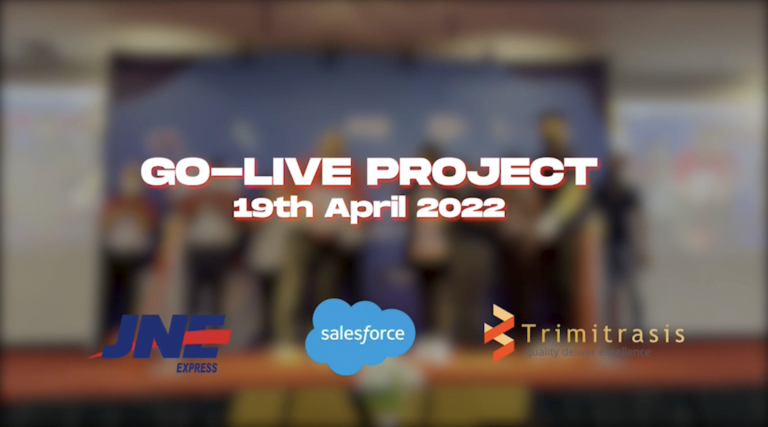The Asia Pacific (APAC) region is experiencing a surge in generative AI, a transformative subset of artificial intelligence. This market, estimated at USD 4.25 billion in 2023, is projected to grow at a staggering 37.5% CAGR by 2030. Fueling this growth are factors like rising internet penetration, rapid technological advancements, and supportive government initiatives across the region.
Asia-Pacific’s AI Landscape: Leaders and Opportunities
Salesforce, a leading CRM provider, plays a crucial role in shaping the regional AI ecosystem. In 2023, they published the “Asia Pacific AI Readiness Index,” a comprehensive evaluation of 12 economies’ preparedness to adopt, deploy, and integrate AI. This index, based on 15 statistical indicators, assesses both businesses and governments, offering valuable recommendations for maximizing generative AI utilization. The report identifies Singapore as the region’s frontrunner in AI readiness, followed by Japan and China. However, a significant gap exists between mature and emerging digital economies. Southeast Asian nations, excluding Singapore, currently score below the APAC average.
Interestingly, the report emphasizes a strong correlation between a robust, open, and diversified economy and overall AI readiness. This correlation manifests in areas like GDP per capita, technological innovation, the strength of the local startup ecosystem, and the ease of navigating government processes. These factors all contribute to an environment conducive to the development, adoption, and responsible use of generative AI.
Building the Pillars of AI Readiness
Generative AI has the potential to contribute an annual boost of $2.6 trillion to $4.4 trillion to the global economy by 2030. To capitalize on this opportunity, economies need to prioritize AI readiness. Salesforce identifies five key pillars that form the foundation for successful generative AI deployment:
- Infrastructure: Generative AI models are data-hungry, requiring substantial computational resources and specialized hardware. Investment in cloud computing infrastructure and advanced processing power is paramount to ensure these models function effectively.
- Data: High-quality and plentiful data is the fuel that powers generative AI. Establishing robust data collection practices and prioritizing data security are crucial for generating accurate and unbiased AI outputs.
- Workforce Development: While some job displacement is a possibility, generative AI is more likely to transform existing roles rather than eliminate them entirely. Governments and businesses must prioritize fostering a skilled AI workforce to meet the growing demand for AI talent across various sectors.
- Ethics: Generative AI, like any powerful technology, carries ethical considerations. Potential biases and the risk of harmful content necessitate prioritizing responsible and ethical innovation from the outset. Robust ethical frameworks are essential to ensure generative AI is developed and deployed in a way that benefits society.
- Integration: Seamless integration of generative AI models into real-world applications and workflows is critical for maximizing their effectiveness. This ensures that businesses can leverage the technology for practical purposes and achieve tangible results.
Salesforce and Generative AI Deployment
Salesforce is actively involved in shaping the generative AI landscape in the APAC region, implementing gen AI within its CRM solutions. Here are some key ways Salesforce leverages generative AI for its customers:
- Content Creation: Salesforce utilizes generative AI to automate content creation for various marketing and sales materials. This allows businesses to generate personalized content tailored to specific customer segments and marketing campaigns, enhancing engagement and conversion rates.
- Lead Generation and Qualification: Generative AI algorithms can analyze customer data and identify potential leads with high conversion potential. This streamlines the lead generation process for sales teams, allowing them to focus their efforts on the most promising prospects.
- Personalized Customer Interactions: By leveraging generative AI, Salesforce can personalize customer interactions within the CRM platform. This can take the form of chatbots that utilize natural language processing (NLP) capabilities to provide personalized support, or recommendation engines suggesting relevant products or services to customers based on their past interactions and preferences.
- Sales Forecasting and Opportunity Prediction: Generative AI can analyze vast amounts of data to identify patterns and trends, enabling more accurate sales forecasting and opportunity prediction. This allows businesses to make data-driven decisions regarding resource allocation, marketing strategies, and overall sales pipeline management.
The Road Ahead
The APAC region presents a dynamic and rapidly evolving market for generative AI. While challenges remain, particularly concerning the digital divide between mature and emerging economies, the region demonstrates immense growth potential. By prioritizing AI readiness, fostering collaboration between governments and businesses, and embracing responsible AI practices, APAC economies can tap into the transformative power of generative AI and unlock significant economic benefits.
Salesforce, through its commitment to AI innovation, plays a critical role in supporting this journey. By providing cutting-edge CRM solutions that integrate seamlessly with generative AI models, Salesforce empowers businesses across the APAC region to unlock new levels of customer engagement, operational efficiency, and overall business growth.
Reference:
salesforce_ai_readiness_index_2023.pdf How Asia Pacific can use AI to unlock economic opportunity | World Economic Forum (weforum.org)






